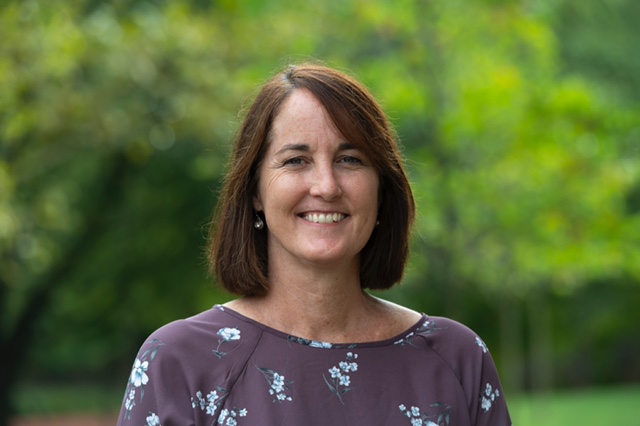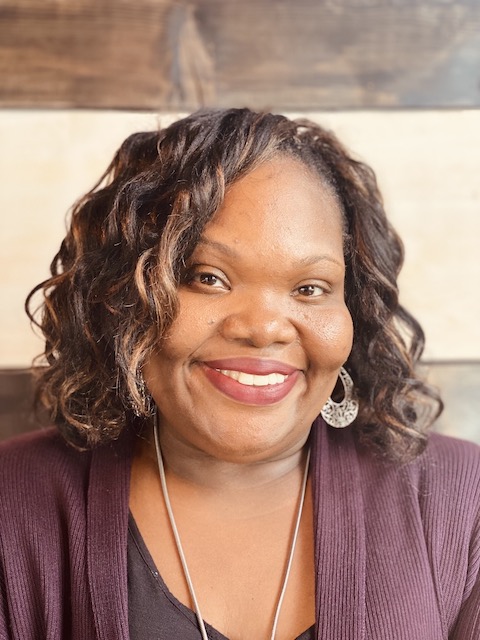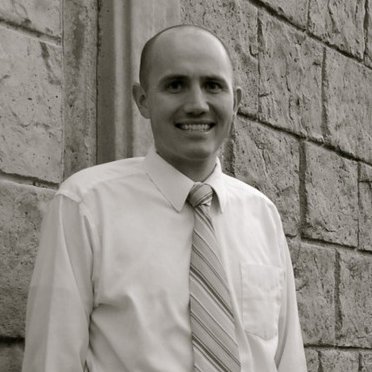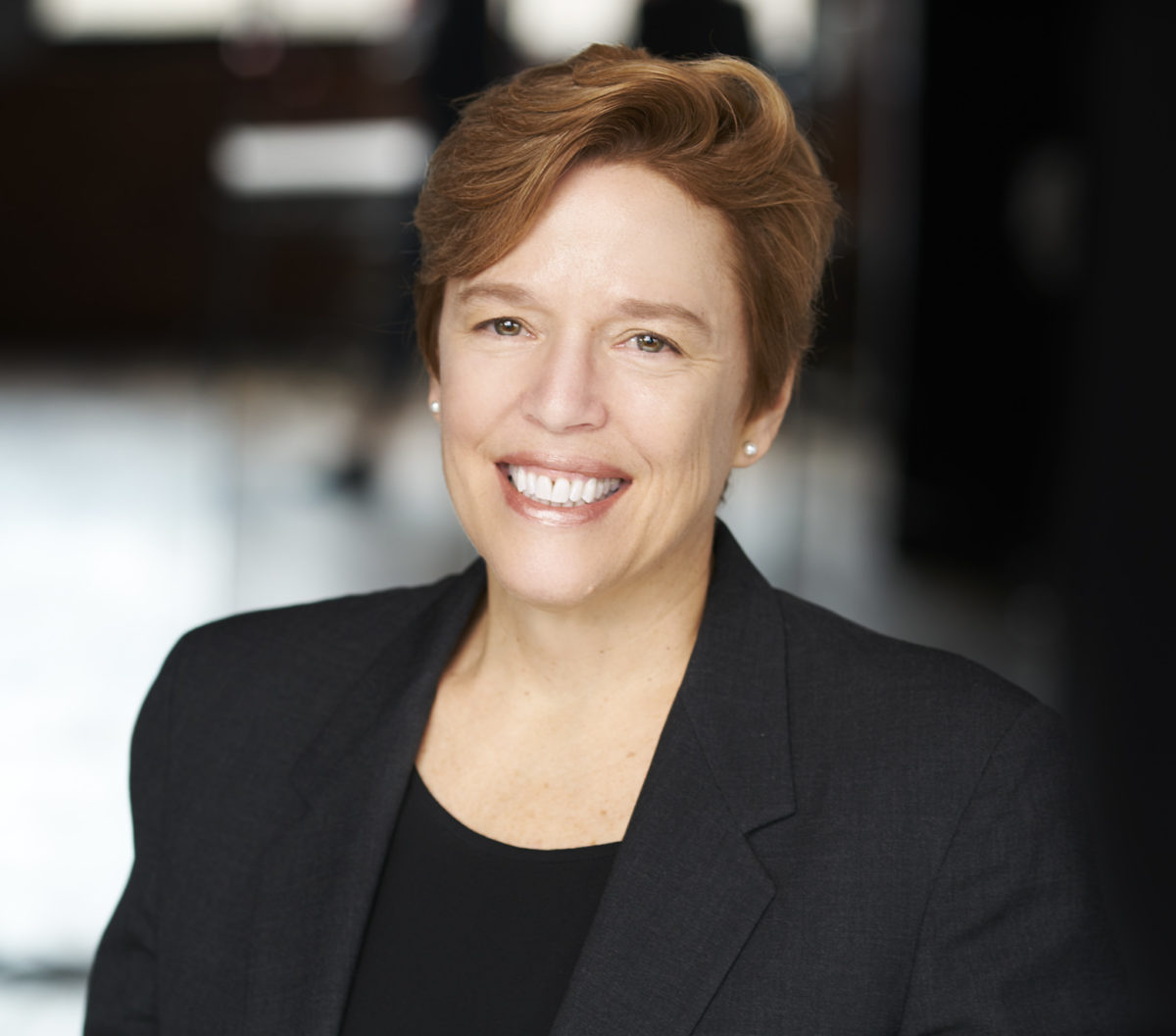Meet Sheila Conway!
Name: Sheila Conway, Ph.D.
Institution/Organization Affiliation: University of Pittsburgh
SERA Research Partner Bio:
Sheila Conway, Ph.D. is an Associate Professor of Practice in the University of Pittsburgh School of Education. Sheila coordinates special education teacher preparation programs and teaches within those programs. She is interested in the experiences of novice special education teachers to inform teacher preparation and induction programming. All four of Sheila’s children attend/ed Pitt and stop by her office regularly.
What made you interested in partnering with SERA?
As clinical faculty, I find it difficult to lead large independent research projects, given my teaching and administrative responsibilities. As a partner on SERA collaborative projects, I can make contributions in a feasible and impactful manner.









